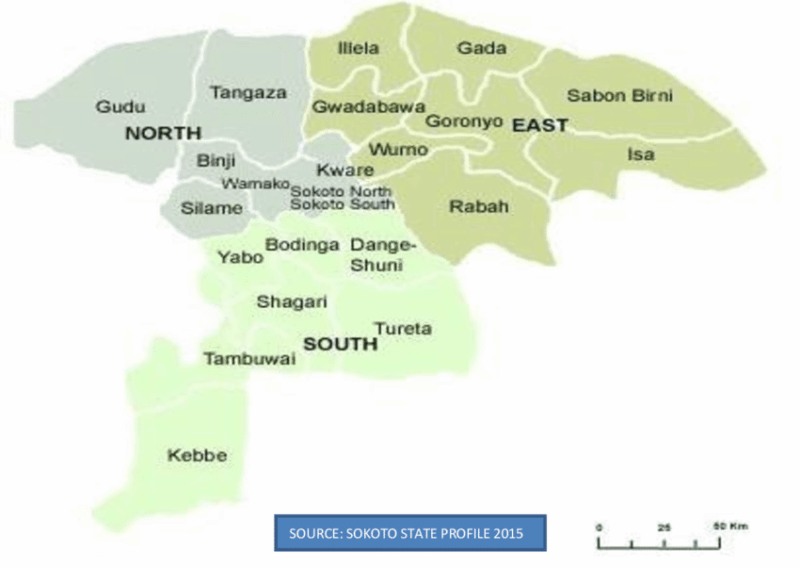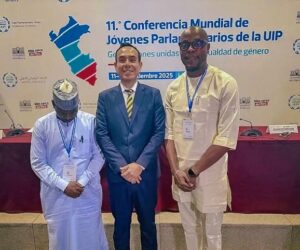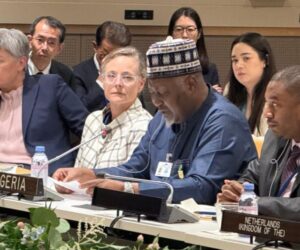The term “mole” was popularised by British novelist John le Carré, himself a former intelligence officer, in his 1974 classic, Tinker Tailor Soldier Spy. In intelligence circles and even in ordinary usage, a mole isn’t just a random spy skulking around. A mole is a different breed entirely. This type of operative maintains deep, long-term cover, embedding himself within a target organisation for years, sometimes decades, slowly working into a position of trust, influence, and high access to sensitive information.
Because of this long-term embedding, a mole eventually gains insider access that an external spy can only dream of. They linger long enough to understand the strengths, fears, weak points, power blocs, and personalities within a system. Their handlers usually recruit them before they have access to secrets, grooming them patiently until they become strategically valuable. That patience is what makes a mole exceptionally dangerous.
Taken together, these traits paint a picture that, unmistakably, mirrors Senator Ibrahim Lamido’s behaviour within the APC in Sokoto state. Looking back now, it has become quite clear how Lamido has carried himself like someone planted by the previous political leadership, those who, knowing their impending electoral defeat in 2023, quietly inserted loyal shadows into the APC.
The mission, as we have seen unfolding, was simply to operate with patience, for the opportunity to destroy the party from the inside when the moment felt ripe. And as we have seen, that moment seems to have arrived.
The modus operandi of moles is to start by causing operational and reputational damage for years before they are finally unmasked, much as Lamido has done. The senator’s timing is hardly coincidental seeing as he’s now revealing his undergarments as the permutations for 2027 gather momentum.
It’s indeed too much of a coincidence that Lamido is rearing his ugly head now that his handlers have found refuge in the Alliance for Democratic Congress (ADC) the sole purpose of which, they claim, is to wrestle power from the All Progressives Congress (APC). Anyone who has watched Nigerian politics even just for a decade knows that no single act destroys a political party faster than factionalisation. This is where Lamido’s colours have become too visible to hide because at the heart of every faction, there’s a mole dressed in the garment of a loyal party man.
Take the PDP, for instance. It once boasted it would rule Nigeria for 60 unbroken years. Today, the party is a ghost of itself, weighed down by endless litigations orchestrated by none other than moles masquerading as PDP leaders and every Nigerian knows them.
But while the mastermind behind the crippling of PDP are unarguably sophisticated, Lamido is no sophisticated political operative. He is, at best, a burst impostor who rode on the back of the APC structure that Senator Aliyu Magatakarda Wamakko built through raw courage, generousity, and strategic depth. Lamido’s emergence as senator was possible only because Wamakko gave him the platform, the name, and the structure. So, for him to turn around and fix his fight on the very man who made him is something only a mole whose cover has run its course would dare.
APC stalwarts who know him, like the state chairman of the party, Alhaji Isah Sadiq Achida, and others, have made no pretence about Lamido’s character. Their verdict is quite simply that he is a wasted carrier of political goodwill.
And the facts are not on his side. Lamido, through his reckless press statements, has violated Article 21 (a), (iii), and (iv) of the APC Constitution 2014 (as amended). These provisions address actions that bring the party into disrepute, cause embarrassment, promote factionalisation, or display disobedience to party directives. His actions tick every one of these boxes.
Beyond the political noise, his record in the Senate speaks woefully loud. As Chairman of the Senate Committee on Primary Health Care and Communicable Diseases, Lamido has made no mark whatsoever despite sitting on one of the country’s most strategically important committees. At a time when cholera outbreaks, Lassa fever spikes, and other communicable diseases continue to ravage communities, one would expect a notable intervention, a visible bill, or a constituency-wide health uplift. Nothing. The man has not even attempted to use the agencies under his oversight to deliver tangible results at home.
Yet, he parades himself as if he is locked in some mythical supremacy battle with Senator Wamakko, his former governor, political mentor, and godfather. The idea that Lamido and Wamakko are struggling over the control of APC structures in Sokoto state is a joke taken too far.
Several responses from within the party have made this clear. In addressing Lamido’s indiscretions, Sadiq Achida, reiterated what everyone who follows Sokoto politics already knows, that Wamakko is the pillar of the state’s political architecture and the soul of the APC. His influence is built not just in political weight but in his humanity, his open-door style, his generousity, and his fatherly disposition towards millions including Lamido himself.
Many politicians have emphasised that Governor Ahmed Aliyu’s success is directly tied to Wamakko’s guidance. The APC dominance in the state is the result of a structure Wamakko built and which the governor has strengthened through visible performance in education, water supply, civil service welfare, infrastructure, and security. The question is, what has Lamido contributed to the state or the party? What more, the APC has, on the strength of Gov. Aliyu’s performance, adopted him as its sole candidate for the 2027 gubernatorial election, invoking the right of first refusal.
In light of this, the idea that Senator Lamido, who could not even deliver his polling unit or local government in 2023 could challenge this political foundation is delusional.
There’s also the issue of his origin. It has been insinuated that Senator Ibrahim Lamido is not from Sokoto state but hails from Zamfara. His origin, notwithstanding, Sokoto will remain a hospitable state, but that hospitality cannot be repaid with betrayal. If Lamido wishes to contest in 2027, he should do so in his home state. He is welcome to live in Sokoto just as any other Nigerian, but not as a political representative of the people considering he has never even bothered to provide meaningful representation in the senate.
So, when Lamido’s camp attempted to claim he was leading a “faction” of the APC, many serious politicians dismissed the falsehood. The party, as many have said, owes Lamido no apology. There is nothing to reconcile because the party did nothing to him. He has been fighting the party from within. And even if reconciliation were contemplated, Lamido would never again be trusted with a senatorial ticket. A leopard, after all, does not change its spots.
Assurances that the APC in Sokoto remains solid, united, and unthreatened and held together by the partnership between Governor Aliyu and Senator Wamakko should leave no one in doubt that Lamido’s wild thrashings are of no consequence. This is, especially so, that the party is delivering real dividends of democracy while Lamido and co-travellers are busy chasing shadows.
In all, it remains instructive that Senator Lamido’s behaviour fits the classic profile of a mole whose assignment is nearing completion. From the reckless press statements to the attempt to undermine the structure that made him, to the political alliance with displaced forces now regrouping under the ADC, Lamido is ticking boxes with astonishing accuracy.
But unlike the celebrated moles of spy fiction, Lamido’s story is ending not with intrigue but with exposure, and with a political career that, by all accounts, is already finished. This, in a way, is the result of the man’s fatal miscalculation. But, as he has made his bed, so should he lie in it!








